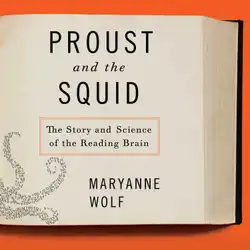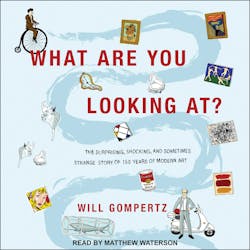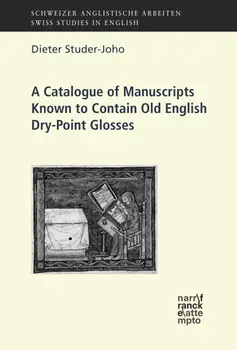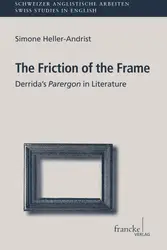While quill and ink were the writing implements of choice in the Anglo-Saxon scriptorium, other colouring and non-colouring writing implements were in active use, too. The stylus, among them, was used on an everyday basis both for taking notes in wax tablets and for several vital steps in the creation of manuscripts. Occasionally, the stylus or perhaps even small knives were used for writing short notes that were scratched in the parchment surface without ink. One particular type of such notes encountered in manuscripts are dry-point glosses, i.e. short explanatory remarks that provide a translation or a clue for a lexical or syntactic difficulty of the Latin text. The present study provides a comprehensive overview of the known corpus of dry-point glosses in Old English by cataloguing the 34 manuscripts that are currently known to contain such glosses. A first general descriptive analysis of the corpus of Old English dry-point glosses is provided and their difficult visual appearance is discussed with respect to the theoretical and practical implications for their future study.

Embers of Childhood
Flora Miller Biddle
audiobook
Twilight of the Belle Epoque
Mary McAuliffe
audiobook
Proust and the Squid : The Story and Science of the Reading Brain
Maryanne Wolf
audiobook
Five Stars : The Communication Secrets to Get From Good to Great
Carmine Gallo
audiobook
What Are You Looking At?
Will Gompertz
audiobook
Emotional Intelligence Mastery : The complete Guide to improve your EQ, Social Skills and Communication at Work for better Sales and Personal Success (Join the 30 day Challenge)
Barrett Trevis, Daniel Parks
audiobookThe Great Divorce
C. S. Lewis
audiobook
The Natural World of Winnie-the-Pooh
Kathryn Aalto
audiobook
ADD-Friendly Ways to Organize Your Life Second Edition : Strategies That Work from an Acclaimed Professional Organizer and a Renowned ADD Clinician
Judith Kolberg, Kathleen G. Nadeau, PhD
audiobook




